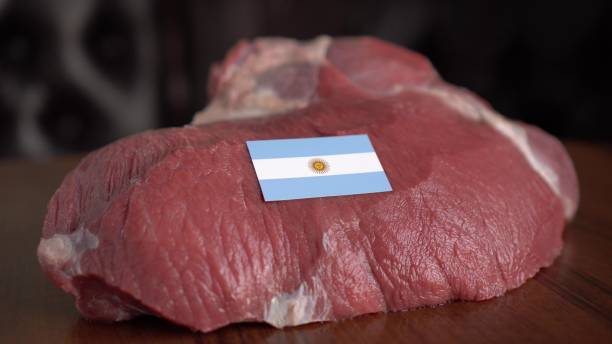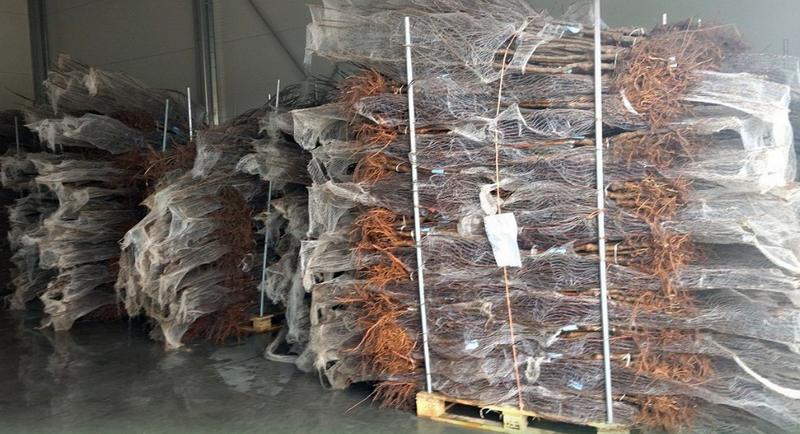
Argentina: Meat exporters seek opportunities in volatile global market
The Argentine meat export sector is going through a period of cautious expectations, marked by a recent recovery and uncertainty caused by global trade conflicts. Fernando Herrera, President of the Argentine Exporters Association (APEA), analyzed the main challenges and opportunities facing the industry.
First of all, Herrera addressed the trade war between the United States and Brazil, which has directly affected the latter's exports. "Because of the tariffs imposed by the United States, Brazilian beef is now subject to a 76.4% tariff, which makes it virtually impossible for things to continue," the expert said.
In this regard, the APEA president explained that the main concern for Argentina is the indirect effects of the current situation. He suggested that Brazil would send a significant part of the volume that it cannot place in the United States to other markets such as China and Mexico. "Brazilian beef is generally cheaper than Argentine beef, which could negatively affect local exports," he warned.
He also emphasized that not only Argentina would benefit from the gap created by Brazil, but other competitors such as Uruguay, Paraguay, Australia and New Zealand could also get their share of this quota.
Sector recovery and key factors. In an interview with FM Vos 94.5, Herrera stressed that 2025 can be divided into two stages. “In the first, from January to April, export volumes were lower than the previous year, and in the second, in June and July, there was an increase. There was a clear improvement. This change has given us some optimism for the rest of the year,” he acknowledged.
“The recovery is due to three main factors: the devaluation, which has helped to increase the competitiveness of the sector, the adjustment of the export duties on steers (which were reduced to 5%) and the very high international demand, with prices rising. We are a little more optimistic for the rest of the year,” he said.
Uncertainty about the Chinese market and domestic consumption.
The main problem for the sector is China, which supplies almost 70% of Argentina’s meat exports. In this regard, Herrera warned that in November the Chinese government will announce some kind of protective measures on meat imports. “The result could be a quota or a duty that would make exports more difficult, although the extent of these possible measures is still unclear,” he said. On the other hand, the head of the sector expressed confidence that the growth of exports would not have a negative impact on meat prices on the domestic market. “Livestock prices are already high, and this is due to supply and demand, not exports. Moreover, local meat consumption has not decreased; it has remained at 50 kg per person. We do not believe that exports can affect prices,” he concluded.





